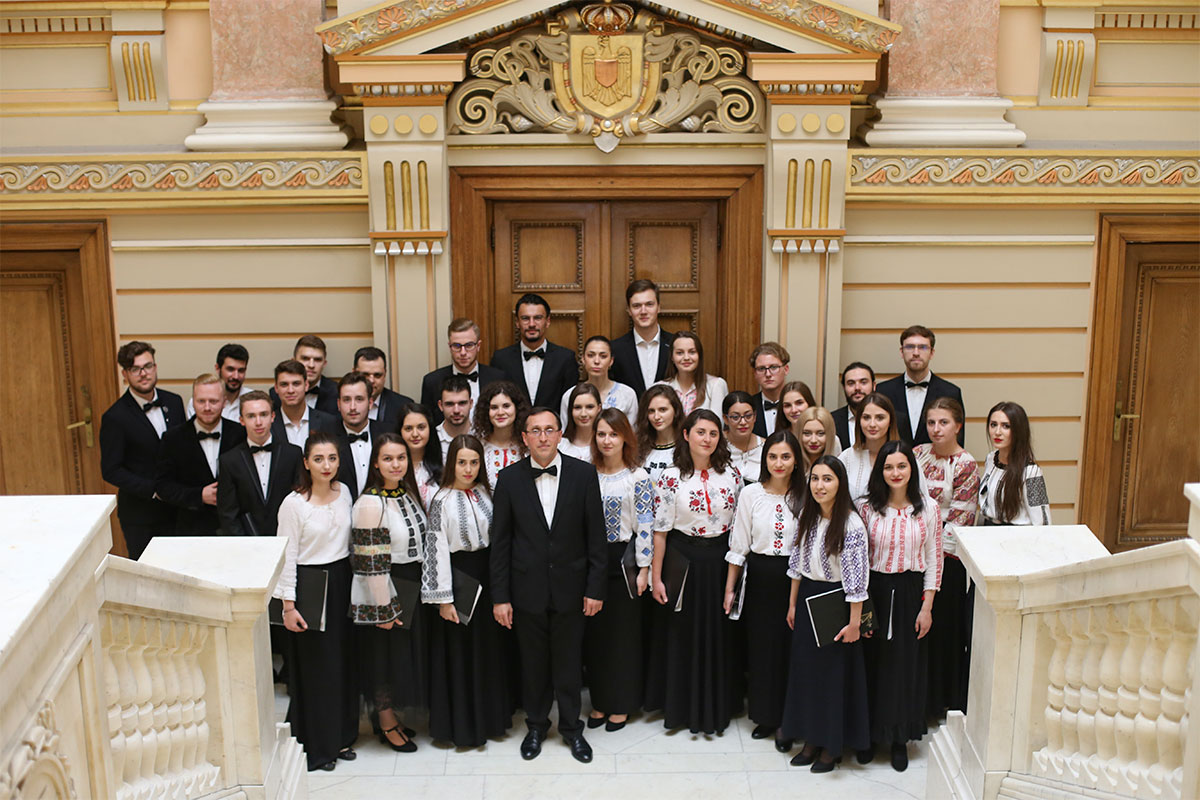The Music Pedagogy specialization (presently named Music) has been introduced in 1960 and aims to prepare the Music teachers and choir conductors within all education cycles. In a wide study range, students will benefit from a general musical training, through the balancing of the historical and the aesthetic culture disciplines, combined with those of technical and musical writing, and along with pedagogical subjects.
Students following Music specialization have the chance to study an instrument of their own free choice and vocal performance in pop or traditional music, as included in the optional packages of subjects. The graduates of this specialization have the opportunity to become vocal, instrumental or mixed musical ensembles conductors, music instructors (cultural centers, libraries, art museums, clubs), managers or impresarios.
SUBJECTS
Compulsory Fundamental Subjects
Theory, Solfeggio, Dictate
Music history
Forms and musical analyses
Musical aesthetics
Music management
Compulsory Field Subjects
Harmony
Counterpoint
Choir conducting
Theory of music instruments and orchestration
Choir arrangements and adaptations
Artistic practice
Compulsory Speciality Subjects
Ear training
Choral vocal training
Choral ensemble
Folklore
Music education systems
Scientific research technique
Piano
Score reading
Compulsory Complementary Subjects
Music technology
Foreign language (English)
Complementary piano
Physical Education
Optional Subjects
Package A
One subject out of three
Byzantine music
Ethnomusicology
Ethics and academic integrity
Package B
One subject out of four
Classical vocal performance
Pop vocal performance
Traditional vocal performance
Musical instrument (of one’s free choice)
Non-Compulsory Subjects
Traditional music ensemble
Traditional music recordings and transcriptions
Vocal performance accompaniment
